- Nowości
-
Mapy i publikacje
add remove Mapy papierowe add removePublikacje papierowe add remove
-
Nawigacja
add remove Zegary add removeBarometry add removeTermometry , Higrometry, Barografy add removeAreometry (Densymetry) add remove
-
Sygnalizacja
add remove Lampy Nawigacyjne, Szperacze add removeŻarówki add removeLatarki add removeZnaki dzienne add remove
-
Środki ratunkowe
add remove Kamizelki add removeTratwy add removeKombinezony ratunkowe add removePirotechnika morska add removeKoła, Pławki, Tyczki add removeUprzęże, Linki, Taśmy Bezpieczeństwa add removeReflektory radarowe add removeBosaki, Wiosła add remove
-
Elektronika morska
add remove Radiotelefony add removeOdbiorniki Pogody add removePLB / AIS MOB, OLAS add removeRadiopławy, Transpondery add removeWiatromierze add removeAkcesoria add remove
-
Sprzęt pożarowy
add remove Akcesoria add remove
-
Wyposażenie pokładowe
add remove Drabinki Pilotowe, Ewakuacyjne add remove
- Nowości
-
Mapy i publikacje
add remove Mapy papierowe add removePublikacje papierowe add remove
- Nawigacja add remove
- Sygnalizacja add remove
- Środki ratunkowe add remove
- Elektronika morska add remove
- Sprzęt pożarowy add remove
-
Wyposażenie pokładowe
add remove
Kurs modelowy: Advanced Training for Chemical Tanker Cargo Operations, 2016 Edycja
This course provides training for masters, chief engineer officers, chief mates, second engineer officers and any person with immediate responsibility for loading, unloading, care in transit, handling of cargo, tank cleaning or other cargo-related operations on chemical tankers. It comprises an advanced training programme appropriate to their duties on chemical tankers for their ability to imbibe a safety culture to perform and monitor all cargo operations, familiarity with properties of chemical cargoes, take precautions to prevent hazards, apply health and safety precautions, respond to emergencies, fire safety measures, take precautions to prevent pollution of the environment, and monitor and control compliance with legislative requirements. The course takes full account of section A-V/1-1, paragraph 3 of the STCW Code.





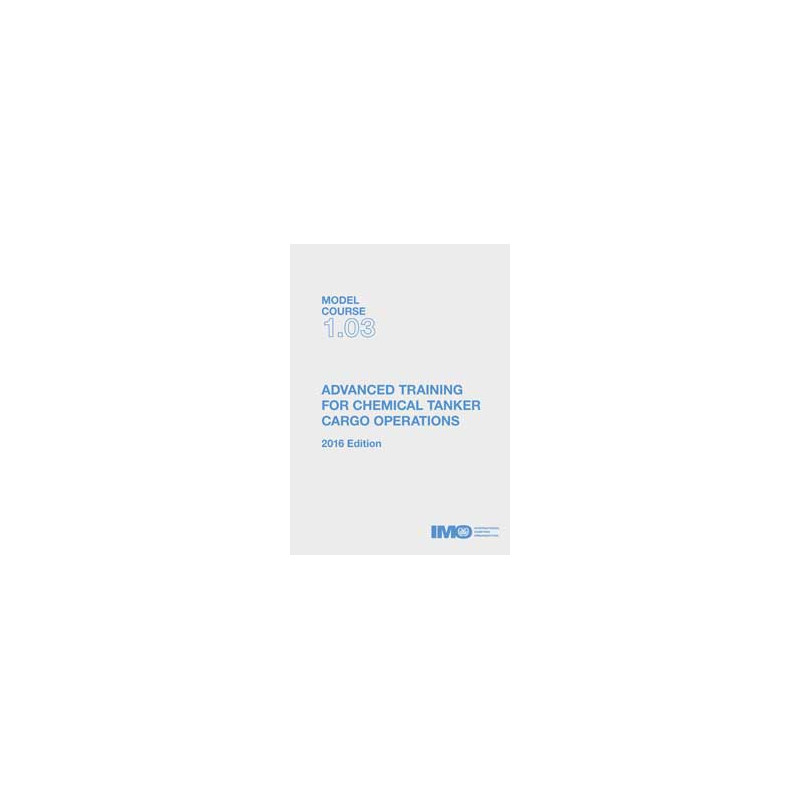

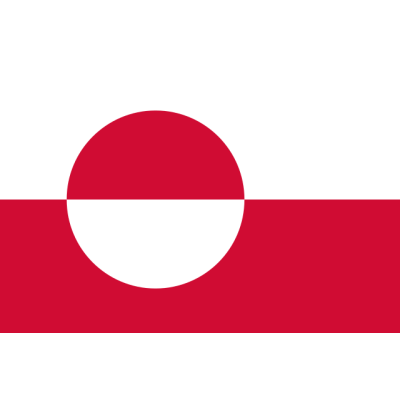
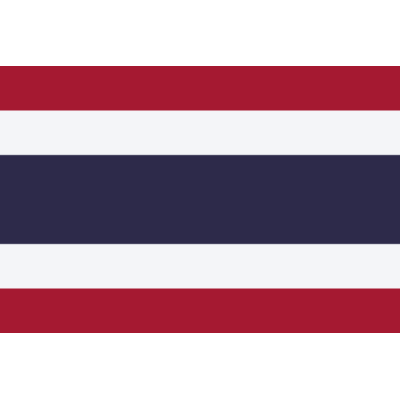

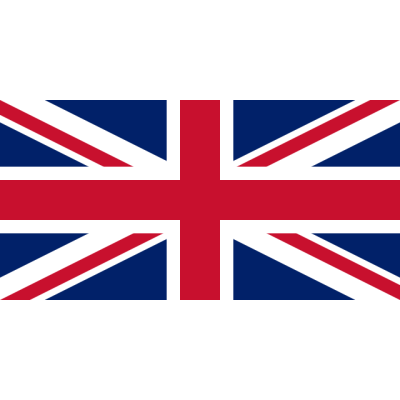

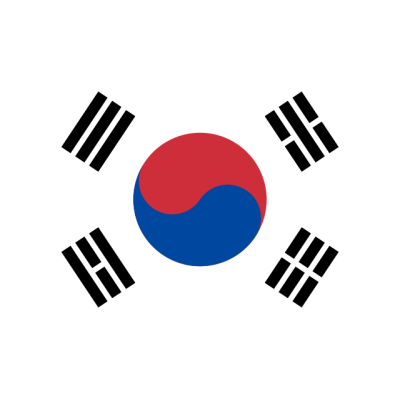
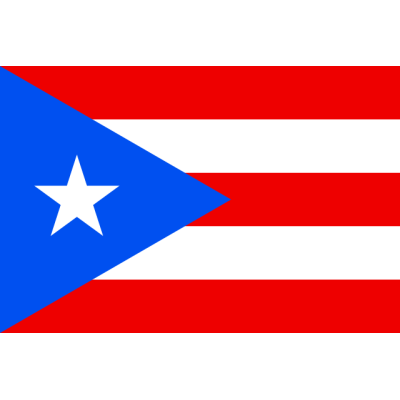
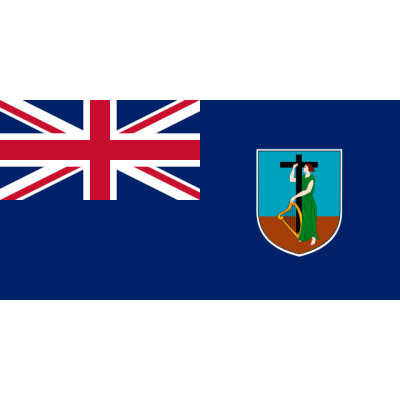

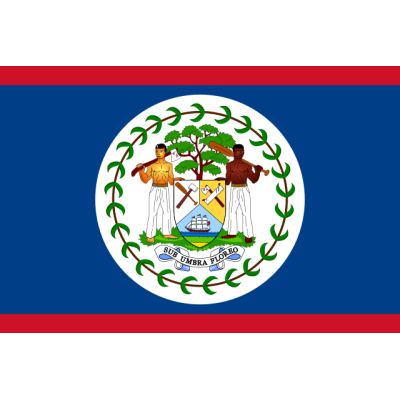
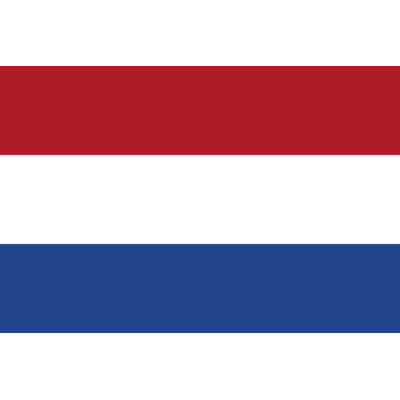
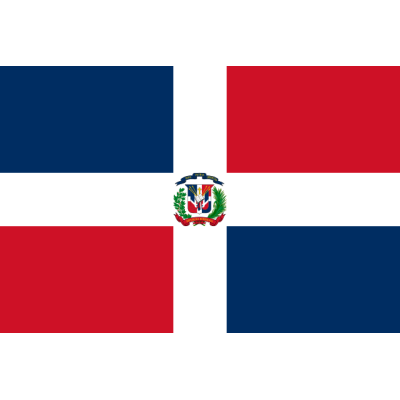

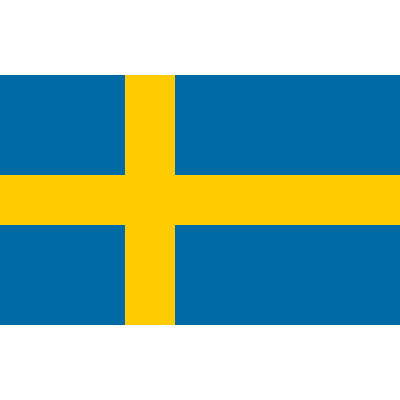
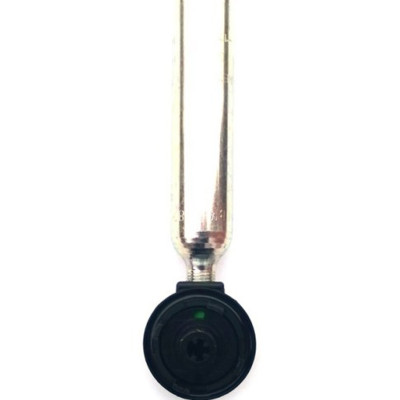

 Cookies
Cookies